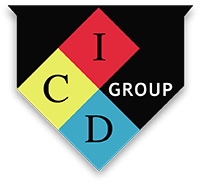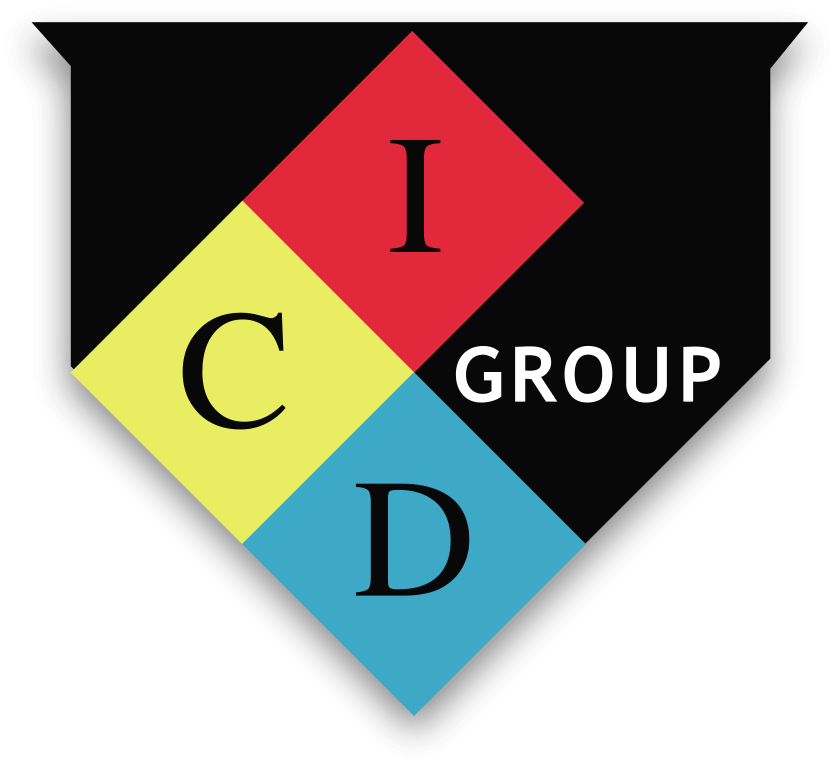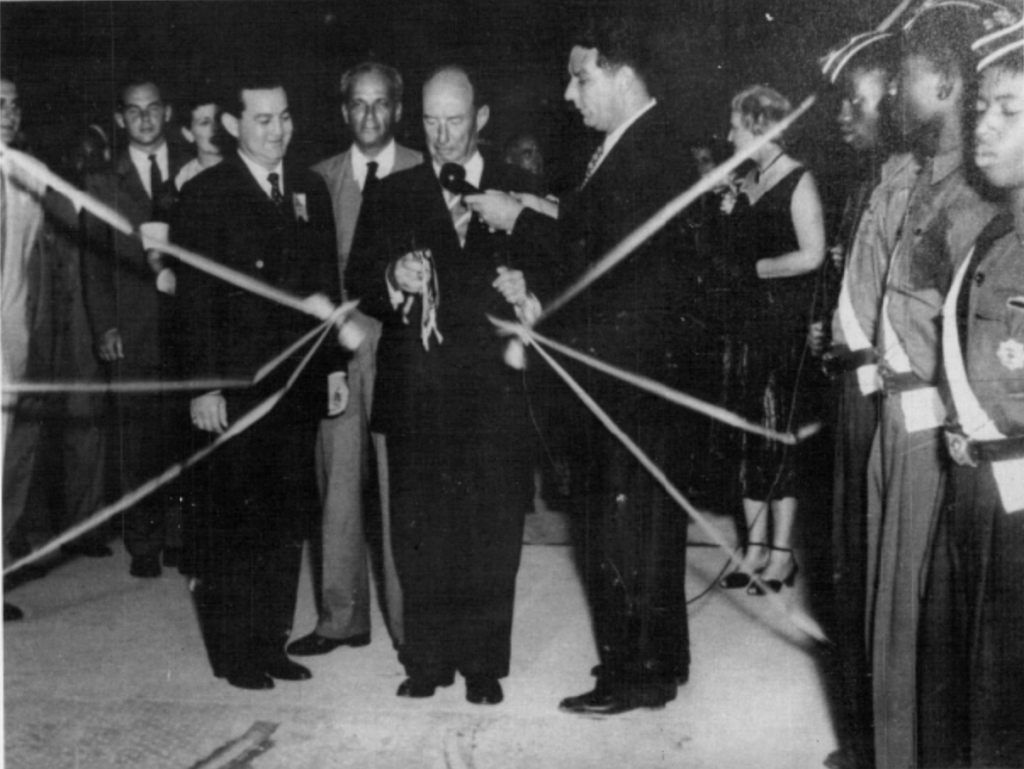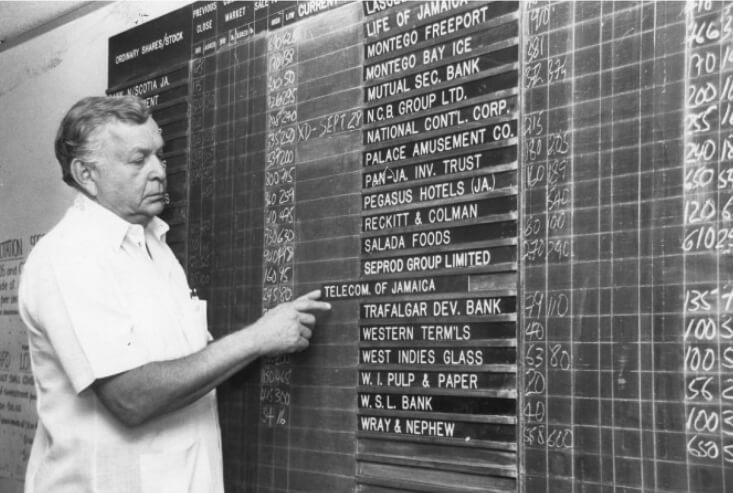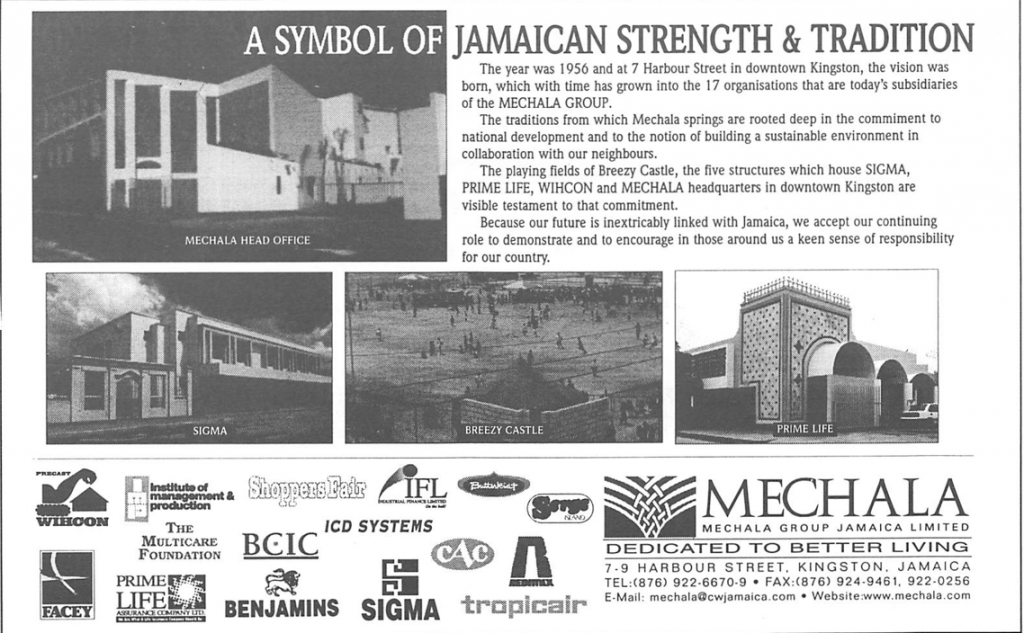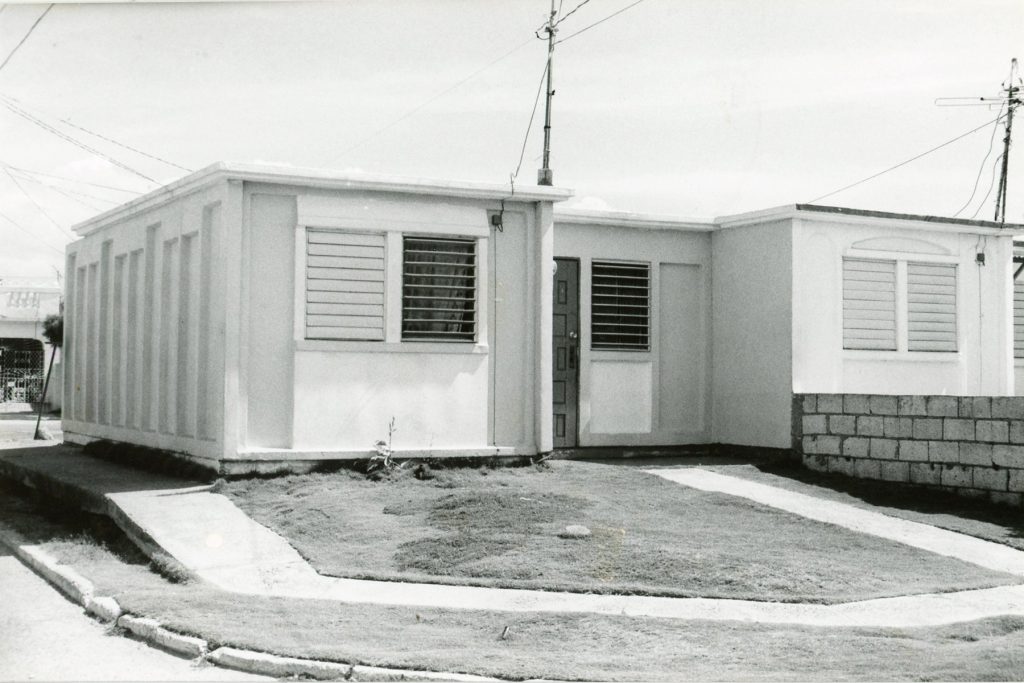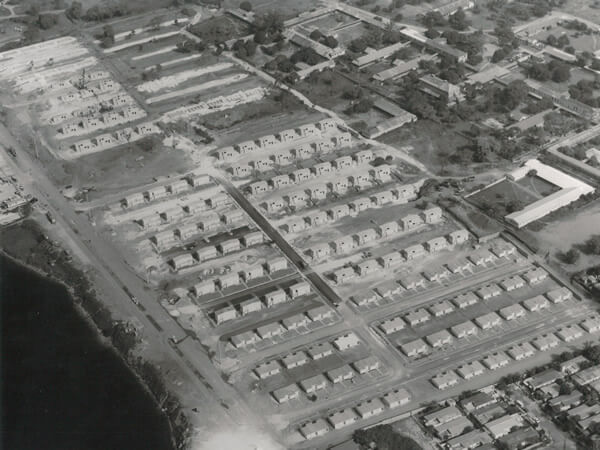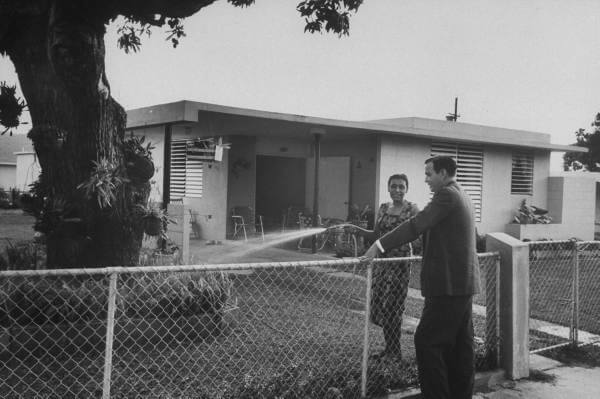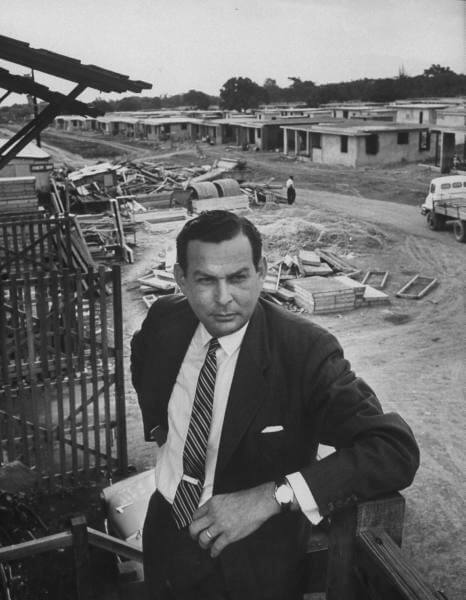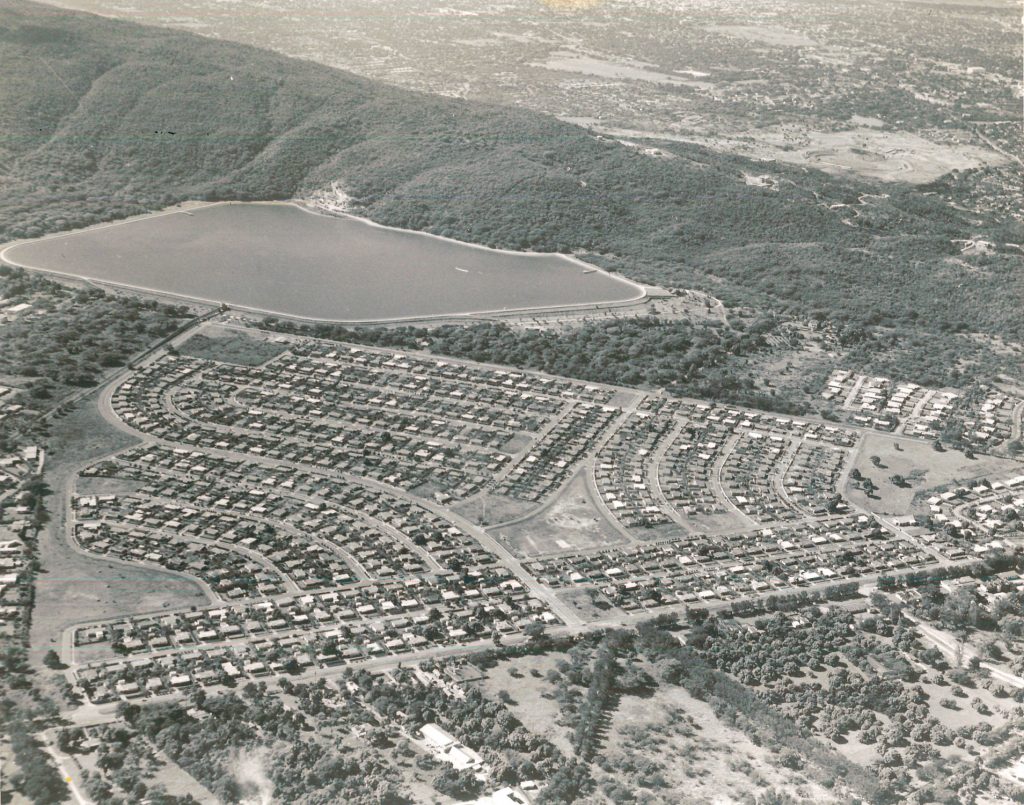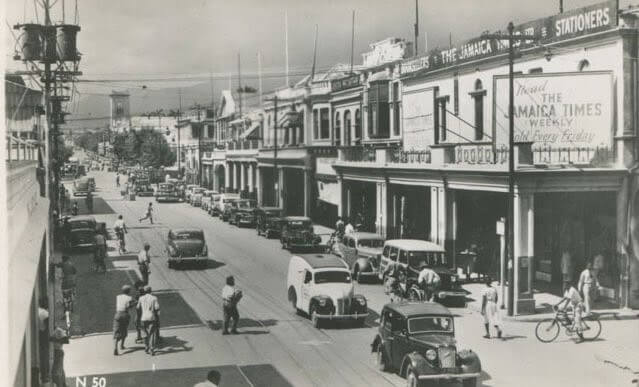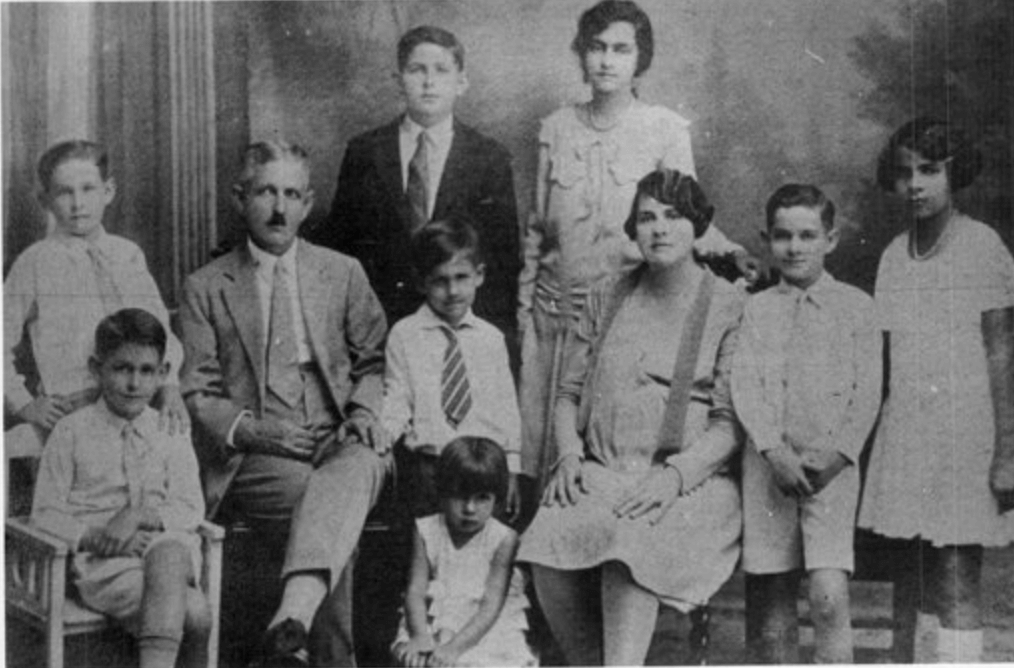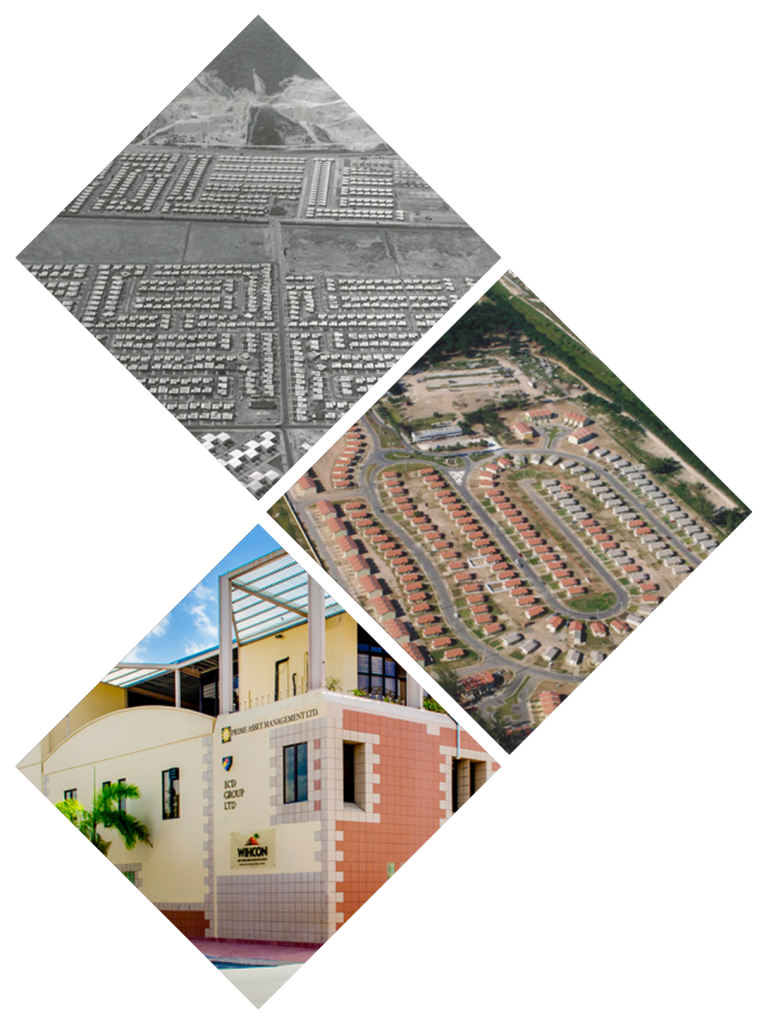
Distinguished Track Record
We are pioneers of innovative solutions across multiple industries through establishing and expanding more than 100 businesses.
Years Leading Change, Making a Difference
See this deck of cards? If you take each card individually you can easily tear each one. But if the cards stay together, the deck is solid and impenetrable. If you and your brothers and sisters can stay together, the strength that you may find in that unity will be like a pack of cards.
Joseph Matalon (Patriarch - to his son Aaron)
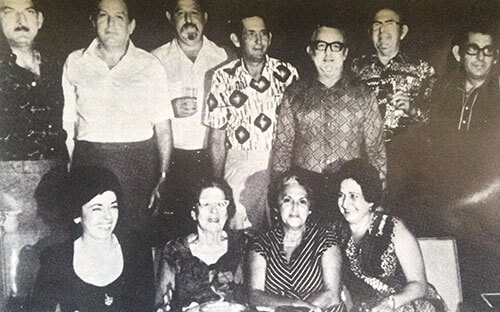
\
2000s
Focus shifts with the new generation
From 2000–2005, with Mayer’s son Joe M. Matalon, now the majority shareholder, Chairman and CEO of ICD, all of the manufacturing, trading and distribution subsidiaries were either liquidated or divested. ICD’s main interests shifted to financial services, and WIHCON had moved from large-scale, low-income housing scheme projects to smaller scale, upper-income developments.
\
1990s
WIHCON sets new record
WIHCON created a plan to build over ten thousand houses in Greater Portmore in the early 1990s. It was one of the largest development projects ever undertaken in Jamaica or the English-speaking Caribbean.
Matalon empire reigns supreme
Up to the mid-1990s, between WIHCON and ICD and its subsidiaries, the Matalons were still the most significant housing developer in Jamaica; the second-largest distributor of food and the leading distributor of hardware, pharmaceuticals and other consumer products; and a chief provider of insurance, investment management and financial products and services.
ICD Restructures
In 1995 Mechala Investments became the umbrella for all the former ICD subsidiaries and WIHCON, plus Prime Life Assurance (later became Victoria Mutual Pensions Management Limited). ICD was reorganised into a Development and Construction Division, a Manufacturing and Trading Division, and a Financial Services Division. The restructuring was initially conceptualised by Mayer and his son, Joseph M., with Mayer as chairman and Joseph M. as Chief Operating Officer.
\
1980s
Setting sights on other Caribbean islands
In the 1980s, as WIHCON had fewer large-scale housing projects in Jamaica, Moses and Owen embarked on mass-housing projects in Trinidad, where they built 18,000 homes. While in St. Lucia, they dredged swamps and reclaimed dozens of acres of land that were later essential to the growing tourism sector. The duo also envisioned and created St. Lucia’s main seaports, marina, and a causeway linking the mainland to an old colonial fort. Moses Matalon took the lead on these projects.
Similar projects followed in St. Kitts, after which Moses and Owen went to the Cayman Islands and embarked on the Safe Haven project, a massive golf course development.
Branching out into the Investments and Finance Sector
The Matalons founded the Industrial Finance Corporation in 1986 in a joint venture with the Bank of Nova Scotia.
ICD purchased Eagle Star’s British Caribbean Insurance Company (BCIC) in 1986
The Matalons founded Sigma Investment Management, a security dealership, in 1989.
ICD continues to innovate and dominate
By the late 1980’s major brands such as Facey Commodity, Butterkist Biscuits, Serge Island Dairies, Redimix Concrete, Shoppers Fair Supermarkets, Caribbean Brush Company, United Motors, HoFab Stocking Manufacturing & P.A. Benjamin were all part of the ICD Group of Companies. Ever innovative, Serge Island Dairies was the first company to process UHT milk that consumers could store without refrigeration. Shopper’s Fair Supermarkets introduced the Jamaican consumer to scanners at the checkout counter. United Motors introduced the Toyota brand to Jamaica. West Indies Home Contractors Limited developed a proprietary building system unique to thetropics and employed large unskilled labour pools. At its zenith, WIHCON erected approximately 70 houses per week.
\
1970s
Mayer Matalon suggested the idea of the National Housing Trust to Michael Manley in 1974.
It was a hallmark initiative to assist more Jamaicans to own homes through low-cost mortgages.
Matalons Launch The First Management School On The Island
The Institute of Management and Production (IMP) was launched in 1976 by ICD, offering management training to people beyond ICD’s own employees. This was the first educational institution of its kind in Jamaica, and predated the University of the West Indies’ own Department of Management Studies.
Widening horizons at home and abroad
The Matalons acquired Bryden and Evelyn, one of Jamaica’s most prominent food and hardware distributors. They also developed interests in garment manufacturing, Redimix Concrete, International Insurance Brokers, and galvanised sheeting manufacturing. They even attempted to diversify into exports with their perfume and toilet water line manufactured by Benjamin’s.
By 1977, The ICD Group of Companies had 28 subsidiaries. Foreign investors in ICD included the Commonwealth Development Corporation and Japan’s Mitsubishi.
\
1960s
The Birth of ICD
In 1962, Industrial Commercial Developments (ICD) was formed to house what was becoming a conglomerate.
ICD cements status as the trailblazer of construction
Construction & Dredging (C&D) was added to ICD in 1962 through joint ownership with Construction Aggregates of Chicago, which provided expertise and other technical assistance. C&D initiated dredging projects to meet the local needs for channel dredging, land reclamation, beach development, port construction and infrastructure.
In 1966 the Matalons, led by Moses, approached the government with a plan to build a causeway (a road connecting two points across a broad expanse of water or wetland) across the Kingston Harbour, to develop two thousand acres of swampland as a new residential area near Port Henderson, in Kingston’s neighbouring parish of St. Catherine. The proposal to build a causeway and drain the swamps was groundbreaking. Through two new companies, Construction and Dredging and Foreshore Development Company, the Matalons created a deep-water port in the Kingston Harbour. This project allowed them to reclaim a part of the Kingston shoreline to create Newport East and West, which became modern port facilities accommodating large ships. These innovations were crucial for Jamaica’s positioning as a major trans-shipment port. These innovations were key to Jamaica’s positioning as a major trans-shipment port.
In 1969, WIHCON built Independence City, the first large housing scheme in Portmore, comprising more than a thousand two- and three-bedroom houses. The building of this scheme marked the beginning of Kingston’s expansion into Portmore, arguably one of the most significant urban developments in Jamaica since independence.
ICD becomes the one-stop-shop for everything home-related
The Matalons started home appliance retail with Homelectrix and the accompanying Home Appliances Finance Corporation, Jamaica’s early purveyors of hire purchase.
They also ventured outside of Jamaica, purchasing 47.5 per cent ownership of ANSA Industries, a refrigerator and cooker manufacturing plant in Trinidad.
In 1967 ICD acquired Conditionedair and Associated Contractors (CAC), a commercial air conditioning business. By the end of 1969, ICD had gained interest in or started ten more new companies in Jamaica. On acquiring Cecil B. Facey, the family merged it with their agency and distribution businesses in food and hardware, creating Facey Commodity. The Group acquired Brooks’ Shoppers Fair and Town & Country Stores, which ultimately became Universal Stores Limited, operators of the Shoppers Fair supermarket chain.
Family Business takes on public interest with company listings.
ICD listed five subsidiaries in its share offering on the Jamaica Stock Exchange: PA Benjamin Manufacturing Company Limited (perfumes, food flavours and colouring, and other household oils and liquids); Tropicair Jalousies (aluminium and PVC windows, doors and roofing material); West Indies Paints; Cecil B. Facey (then the most prominent food, pharmaceutical and hardware distributor in the island); and Jamaica Cocoa Products.
\
1950s
Business expansion continues with the purchase of 7-9 Harbour Street headquarters.
By 1954 the company had outgrown its 88 Orange Street premises, and the owners purchased a building at the corner of Harbour Street and Fleet Street to house the operations.
The Matalons’ groundbreaking mass housing project.
A critical juncture came with the family’s venture into mass housing in 1956 when they created West Indies Home Contractors (WIHCON). WIHCON was the first to construct a housing development on the island. The result was Mona Heights: 716 three-bedroom, two-bathroom houses, targeted at civil servants, teachers and professionals who otherwise would have had little if any opportunity to own a new home.
\
1940s
A New Era sees the siblings starting businesses together.
Aaron took over Matalon and Company after his father died unexpectedly in 1944.
Mayer returned to Jamaica in 1945 after working in Panama and established a tyre retreading business in Penso’s Garage on Orange Street. Rationing motor vehicles and supplies and retreading tyres were in high demand.
In 1946, the siblings established their first family business, Commodity Service Company Limited, at 88 Orange Street in Kingston. Mayer, Pauline and her husband Jack Goodman formed this company. Commodity Service Company’s first commercial activity was wholesale distribution. Within a few years, Aaron brought Matalon and Company into Commodity Service Company as a subsidiary.
The Matalons introduce the modern pharmacy concept to Jamaica
They also established Pharmaceutical Services on Laws Street, creating the first modern drug distributorship and the first modern pharmacy in Jamaica. As the pharmaceutical business grew and deepened, they started a new company, Comserv Pharmacies Ltd., and opened the trailblazing Oxford and York pharmacies. These pharmacies sold drugs and had a US-style soda fountain where patrons could sit at a counter and order hamburgers and milkshakes. This concept was completely foreign in Jamaica but was popular with the middle and upper classes.
Revolutionising consumer goods
Commodity Services Company became the first distributor of packaged rice in Jamaica, packaging and distributing rice from Guyana. With rice and cocoa, the Matalons introduced prepackaged food items to the market.
\
1930s
The Foundation for a family business is laid by the Matalons’ patriarch.
After years of working with and for other businesses, Joseph decides to expand his business and names it Matalon and Company. He hires his son Aaron to work at his Orange Street shop.
\
1910s
The Genesis: Matalon patriarch lands in Jamaica.
Joseph Matalon arrived in Jamaica in 1910 after leaving his home in Damascus, Syria. He started working with his brother Moses in the dry goods trade.
Four years later, Joseph Matalon met and married Florizel Henriques in 1914. Their union produced eleven children: Pauline, Isaac, Leah, Aaron, Moses, Mayer, Eleyahu (Eli), Gloria, Owen, Adele and Vernon.
(876) 922-6670
ICD Head Office, 7-9 Harbour Street,
Kingston Jamaica
info@icdgroup.net
